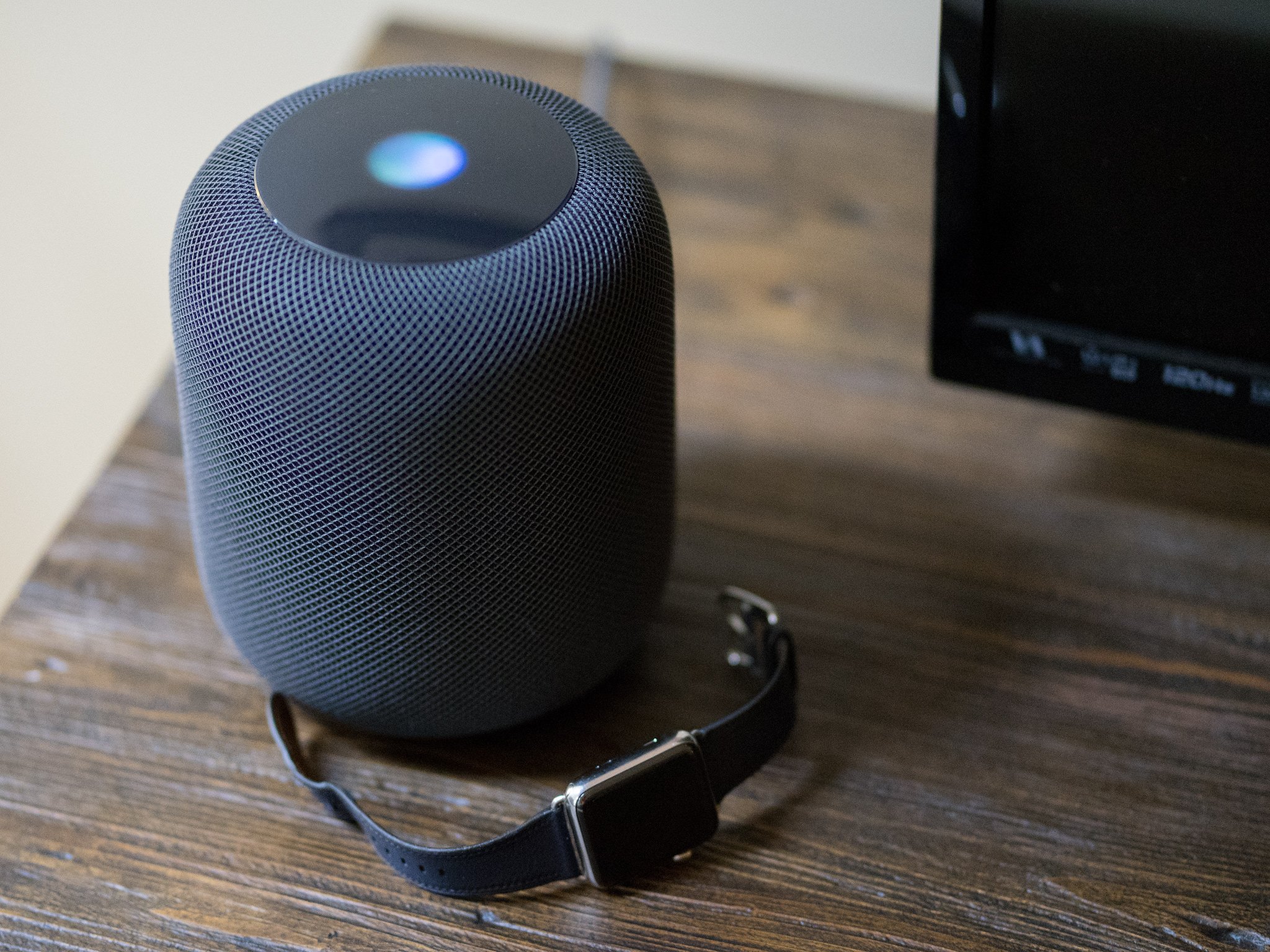Report details Siri's struggles, including integration with HomePod

Today, technology publication The Information published a highly detailed report on the development of Apple's virtual assistant, Siri. The article chronicles the growth of Siri from its genesis to Apple's acquisition to the HomePod-encumbering present, and offers some insight into why it isn't living up to its grand expectations.
It seems that the rush to release Siri with the launch of the iPhone 4s was the beginning of the company's problems with the service. According to the report, the technology just wasn't ready — especially for the popularity it was met with. This caused lots of unreliability issues, which in turn caused lots of discord among the individuals that made up the Siri team. They couldn't decide whether to "continue patching up a flawed build or to rip it up and start from scratch":
Siri's various teams morphed into an unwieldy apparatus that engaged in petty turf battles and heated arguments over what an ideal version of Siri should be—a quick and accurate information fetcher or a conversant and intuitive assistant capable of complex tasks.
It didn't help that the team never quite had any semblance of stable leadership. In the beginning, it was overseen by then iOS chief Scott Forstall, who was initially very involved in Siri's development. Testimonials from former Apple employees claim that "he had a strong vision for what the product could do and that he was extraordinarily hands-on." Unfortunately, his attention was soon divided amongst other projects — most notably Apple Maps. To ensure things were still running smoothly, Forstall enlisted Richard Williamson (who was also working on Maps) to head off the Siri team. Williamson ended up being a bit of a controversial figure, according to the report:
Several former employees said Mr. Williamson made a number of decisions that the rest of the team disagreed with, including a plan to improve Siri's capabilities only once a year. That was the approach Apple typically employed with iOS, and Williamson's background was in making software run on phones that received updates from backend servers. Team members said they argued in vain that that model was wrong for Siri, which they believed needed to be an online service that continuously improved, not updated annually.
The report goes on to describe further tumultuous feuds amongst future leaders of the Siri project and the Siri team itself, regarding attributes like speech recognition and natural language processing.
Perhaps most interestingly, however, is that though development of an Apple speaker began all the way back in 2012, the Siri team wasn't made aware of HomePod until 2015 — that's after Amazon debuted its Echo speaker, which featured Alexa.
In a sign of how unprepared Apple was to deal with a rivalry, two Siri team members told The Information that their team didn't even learn about Apple's HomePod project until 2015—after Amazon unveiled the Echo in late 2014. One of Apple's original plans was to launch its speaker without Siri included, according to a source.
The report asserts that this is what resulted in the so-called "underperformance" of HomePod, noting how "review after review trashed the Siri functionality with words like 'dopey,''annoying,' and 'embarrassingly inadequate.'
For the whole scoop on Siri's development struggles, you can check out The Information's full article here. If you'd like to like to hear more about ways to make Siri better, our Rene Ritchie tackles some of the virtual assistant's problems in this Vector video:
iMore offers spot-on advice and guidance from our team of experts, with decades of Apple device experience to lean on. Learn more with iMore!
Thoughts? Questions?
How do you feel about the information released in The Information's report? What improvements do you feel would make Siri a more successful, well-rounded assistant? Share in the comments below!
Tory Foulk is a writer at Mobile Nations. She lives at the intersection of technology and sorcery and enjoys radio, bees, and houses in small towns. When she isn't working on articles, you'll likely find her listening to her favorite podcasts in a carefully curated blanket nest. You can follow her on Twitter at @tsfoulk.

